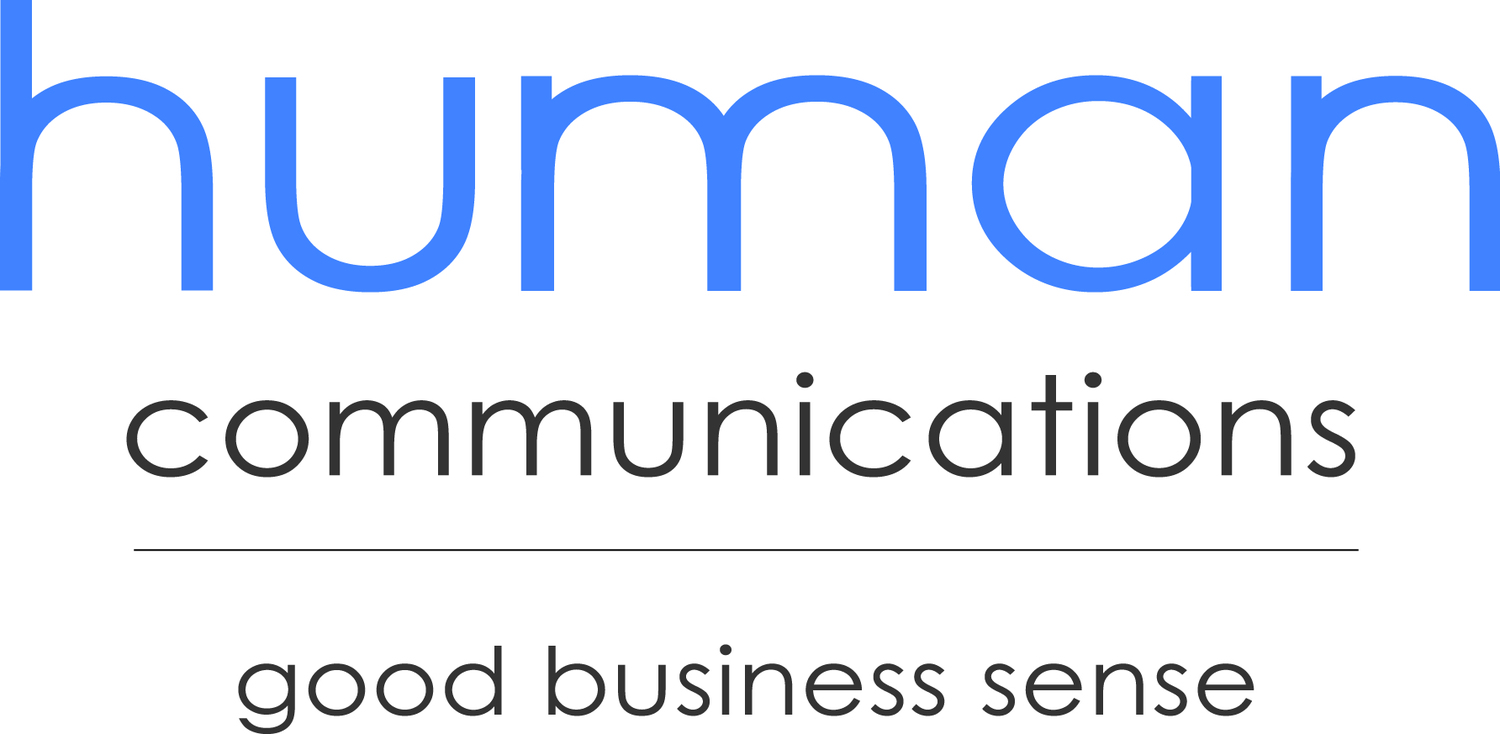Young people would require post-graduate degrees to understand social media small print, finds report
The terms and conditions on most social media sites would require a child or young person to have a post-graduate degree in order to make sense of them, according to research by the UK law firm Schillings.
The research was carried out on behalf of the Children’s Commissioner for England as part of a report into children and the digital age – Growing Up Digital.
As part of its work, the law firm translated the terms and conditions of a popular social media site so that children and young people could understand them.
The work highlighted that the current legal contracts between social media sites and their target audience are not “fit for purpose”, said Schillings.
The original terms and conditions document ran to 17 pages and contained more than 5,000 words. It was subsequently reduced to a single page of A4 by the law firm.
“Even experienced lawyers can struggle to understand websites’ terms and conditions,” said Jenny Afia, Partner at Schillings and part of the Children’s Commissioner Task Force on Children and the Internet.
“So what hope do young people have? Social media providers need to ask themselves: how can someone give informed consent to something they can't possibly understand?”
When it showed its revised document to a number of children and young people, many were shocked at what they had consented to, said Schillings.
One participant said: “When it was put that way as opposed to being bogged down in technicalities, it made me realise just how much of my personal data I am giving to a random company without realising.
“They are also free to give this information to third parties, and this is all something I have agreed to just by agreeing to the terms and conditions.”
In its reworded terms and conditions for photo-sharing site Instagram, the law firm simplified the original language to provide children and young people with clearer rules, such as: “Don’t use anybody else’s account without their permission or try to find out their login details.”
The rewritten terms also highlighted how the social media platform might keep, use and share young people’s personal data.
“This information includes your name, email address, school, where you live, pictures, phone number, your likes and dislikes, where you go, who your friends are, how often you use Instagram, and any other personal information we find such as your birthday or who you are chatting with, including in private messages (DMs),” said the updated terms.
“The situation is serious,” said Afia. “Young people are unwittingly giving away personal information, with no real understanding of who is holding that information, where they are holding it and what they are going to do with it.”
Following the report, the Children’s Commissioner called on social media providers to provide greater clarity and offer young people greater privacy and data protection choices.
The full report, Growing up Digital, can be found here.
A trend towards clearer language
While Schillings’ work focused specifically on legal terms and conditions, the findings also reflect the wider pressure on organisations to make their language clearer.
For example, Singapore’s financial regulator has asked the companies it regulates to use clearer language, after observing that investor prospectuses had become longer in recent years and were often drafted ‘in a technical, convoluted or legalistic manner’.
In the UK, a study of local council websites pointed out that by using clearer language, local authorities could actually save money by helping people to carry out processes online without making mistakes, lowering support costs.
Other examples that have highlighted the importance of clear language include:
- A judge in Detroit, who had to ask one of the city’s lawyers to translate a city debt-reduction plan into plain English
- Then Australian Prime Minister Tony Abbott, who asked the country’s top scientist to change the language used in setting out the nation's research priorities
- Singapore’s OCBC Bank, which saw sales revenue from its wealth management products grow after introducing clearer language in its brochures and forms
- A survey from NS&I that found that as many as 50% of UK adults are confused by the jargon used on financial services company websites
- A report suggesting that business jargon may even make companies more vulnerable to hackers.
If you would like help making your business documents easier to understand, you can find out more about our editing and proofreading services here.




A dispute resolution service in New Zealand has seen a 21% increase in enquiries and complaints this year – many of them stemming from poor communication.